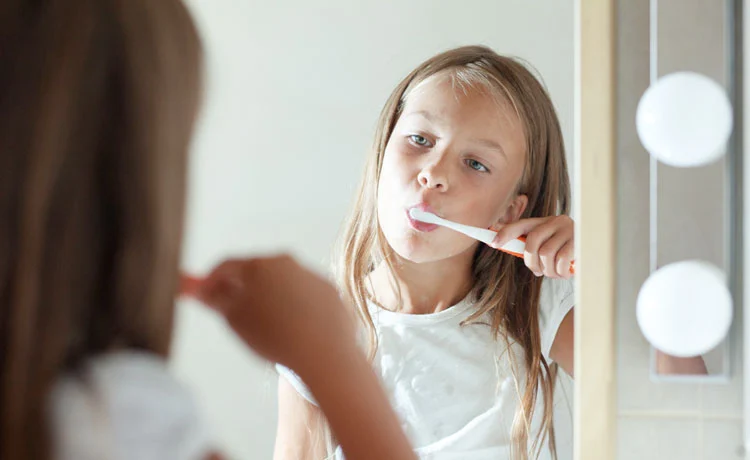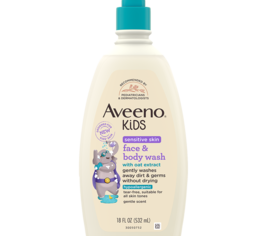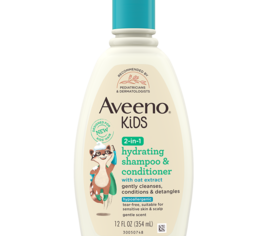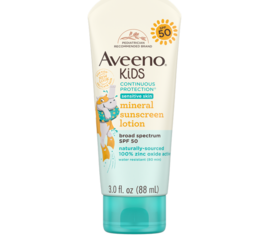I Can Do It Myself! A Morning Hygiene Checklist for Kids 3-5
“I want to do it myself!” is a phrase that preschoolers often say. Allowing young children to complete basic tasks independently is vital to their development1. Personal hygiene is an important social skill that children must learn to perform independently at a young age.
Why Is Personal Hygiene Important for Kids?
Kids need to learn personal hygiene at a young age for several reasons. Logically, good hygiene helps keep a person healthy. Establishing good hygeine habits at a young age — and establishing open communication about hygiene between parent and child — helps prepare for the teenage years when things like body odor become apparent.
Children tend to model their parent’s behavior, so be sure that you follow good hygiene practices such as regularly washing your hands and brushing your teeth. Explain to your kid why you wash your hands before you prepare dinner with a simple explanation such as, “Washing my hands gets rid of germs that could make us sick.” Children aged 3-5 should be able to perform the following hygiene tasks:
- Cover their mouth when they cough
- Sneeze into a tissue
- Wash their hands after using the bathroom
- Brush their teeth twice a day
- Take a routine bath or shower
A Daily Morning Hygiene Checklist for Kids Ages 3-5
Kids thrive on routines2. Creating a morning hygiene checklist for kids ages 3-5 will help your young child remember what they must do each morning. A picture checklist is helpful for young kids. At first, you will likely need to guide your child through some steps or assist them with the task to ensure they are doing a thorough job. Here is an example morning checklist:
- Use the bathroom and wash hands: Hand washing after using the restroom is a fundamental hygiene habit. Seeing this on the checklist will help kids remember to wash their hands every time they use the toilet. Explain to your child that they should wash their hands whenever they touch bodily fluids, including coughs, sneezes, blood, or vomit.
- Change underwear and get dressed: While a person may wear clothes more than once if they do not have stains or do not smell, it is important to change their underwear daily. Seeing this task on the checklist will teach kids to change their underwear daily, even if they do not look dirty.
- Wash hands and eat breakfast: Washing your hands before handling food or eating is a basic food safety rule. Set the example for your young children by letting them see you wash your hands before you start cooking or preparing food.
- Brush teeth: The Centers for Disease Control (CDC) recommends that children brush their teeth twice a day for two minutes each time3. Supervise your child when they brush their teeth until they have good brushing skills.
Most parents do not give their children a bath in the morning due to time constraints; however, baths or showers are another important hygiene skill for young children to take ownership of at a young age. Use age-appropriate bath products such as Aveeno® Kids Face & Body Wash and Aveeno® Kids 2-in-1 Shampoo & Conditioner that gently wash dirt and germs without drying your kid’s delicate skin. These products are designed to help empower young children in their self-awareness journey. It's also worth checking out the following articles that are somewhat related to the same context.
Bedtime Routine to Help Kids 3-5 Transition to the School Day
Stress-Free School Morning Routine Checklist for Kids 3-5
References
- The Center For Parenting Education. What are Developmental Tasks? Accessed July 21, 2022. https://centerforparentingeducation.org/library-of-articles/child-development/developmental-tasks/
- Arlinghaus KR, Johnston CA. The Importance of Creating Habits and Routine. Am J Lifestyle Med. 2018;13(2):142-144. Published 2018 Dec 29. doi:10.1177/1559827618818044
- Centers for Disease Control and Prevention. Children’s Oral Health. Accessed July 21, 2022. https://www.cdc.gov/oralhealth/basics/childrens-oral-health/index.html





